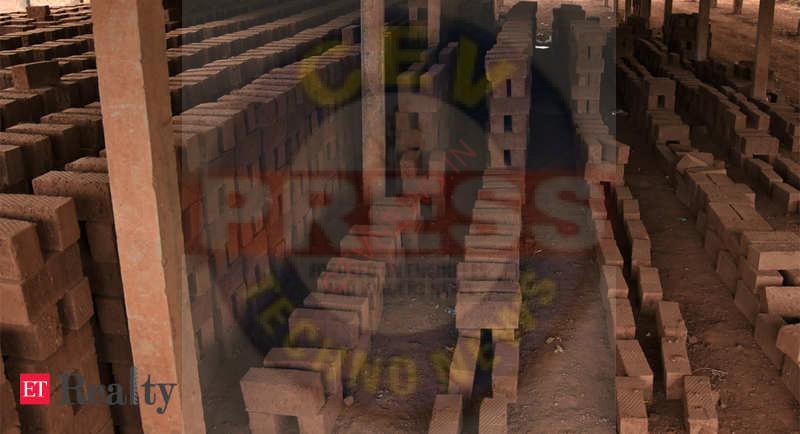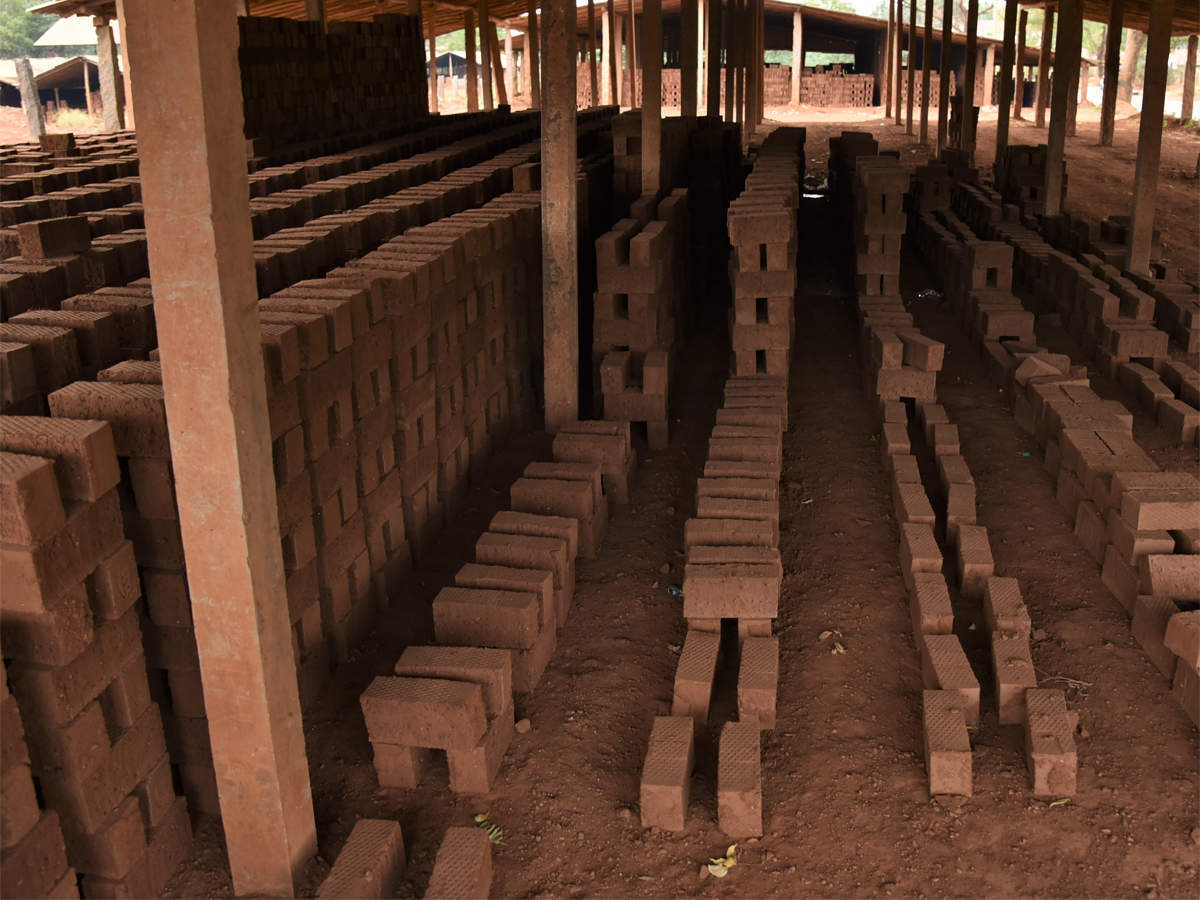NEW DELHI: Noting serious violations of environmental norms in brick kiln operations in Mathura district of Uttar Pradesh, the National Green Tribunal has ordered the closure of such units which are functioning without following the due process of law.
A bench headed by NGT Chairperson Justice Adarsh Kumar Goel also directed the state pollution control board (SPCB) in coordination with the District Magistrate and the Air Quality Monitoring Committee headed by Secretary Environment to ensure setting up of air quality monitoring stations at appropriate locations.
“Brick kilns operating in violation of environmental norms – without consent, in violation of consent conditions, in violation of siting criteria, beyond carrying capacity be forthwith closed, following due process of law, exercising statutory powers by the State PCB,” the bench said.
The NGT noted that brick kilns in Mathura are operative throughout the year without any study of the assimilative air capacity of the area and without following the laid down siting criteria and without consents.
The statutory regulatory authorities have not taken any meaningful action, the tribunal said.
The NGT also directed that the consent given to all the brick kilns be reviewed by the SPCB in the light of Central Pollution Control Board (CPCB) directions as well as the air quality norms, siting criteria and carrying capacity.
Shortlisting as per carrying capacity may be done on the basis of technology used, inter se distance, distance from sensitive locations and comparative level of compliance, the tribunal said.
Tunnel kiln technology with PNG may be appropriately encouraged in the interest of reduction of pollution load, it said.
The NGT also constituted a five-member committee to undertake further study of carrying capacity of the area in terms of the number of brick kilns which can be sustained by applying right parameters and based on relevant data of air quality.
The committee will comprise — Justice Anil Sharma, former Judge of Allahabad High Court, representative of CPCB of the level not below Additional Director, Professor Mukesh Khare, former Prof. IIT Delhi, Member Secretary, State Level Environment Impact Assessment Authority and Chief Engineer Environment, UP State PCB.
The committee may visit the site and interact with the stakeholders within 15 days to take stock of the situation and thereafter, study the available data of air quality and location of the brick kilns, the tribunal said.
“It will be free to conduct proceedings online except for visits to the site which may be undertaken by all or such members as may be decided by the Chairman of the Committee. The Committee will be free to consult any other expert/institution. The Committee may give its report to this tribunal within three months by e-mail,” the bench said.
The tribunal noted that norms applied for calculating carrying capacity are not as required thereby permitting more pollution than permissible.
Even those found using prohibited fuel have not been proceeded against. Those registered for GST are also not proceeded against, the NGT said in its August 12 order.
“How will air standards be enforced? Public trust doctrine is given a go by. Casualty is public health particularly of innocent citizens who look to the State for their protection. They are helpless when the State fails in its duty,” the tribunal said.
The tribunal was hearing a plea filed by Mathura resident Mukesh Kumar Aggarwal against air pollution caused by brick kilns in Mathura District, particularly Mant and Chhata areas, where a large number of brick kilns are functioning – practically without any regulation, in violation of environment norms.
The applicant, through advocate Salik Shafique, stated that he is a permanent resident of Kosi Kalan (Rural), Tehsil Chhata, Mathura and is living with his parents.
They are severely affected by the air pollution in Mathura district where AQI crosses 400 and one of the identified causes of air pollution is 350 brick kilns operated by coal using polluted fuel like spent organic, solvent, oily residue, pet coke, filter press cake, plastic rubber, leather waste etc.


